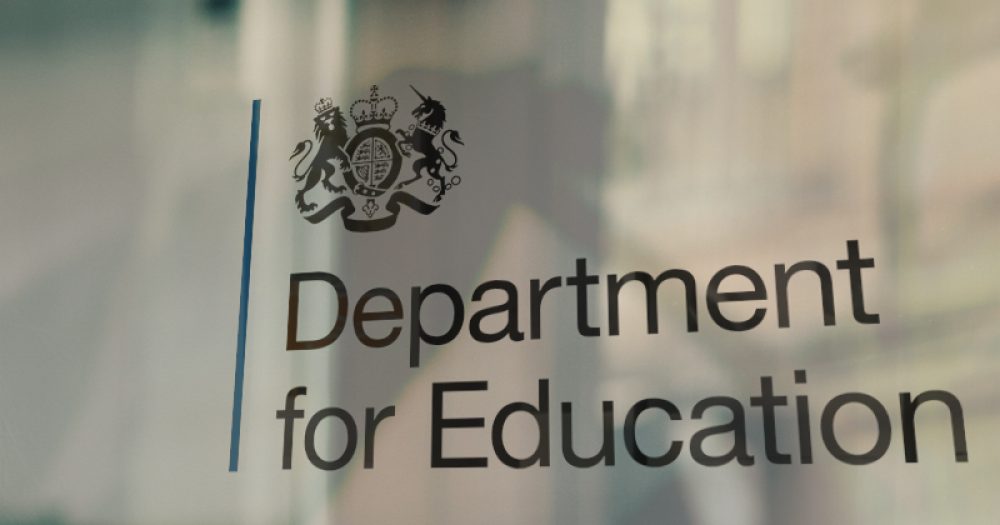A new Technical and Further Education Bill published today has set out proposals for a new insolvency regime for FE colleges.
The legislation also includes a proposal to extend the role of new vocational training policing body, the Institute for Apprenticeships, to cover technical education.
The plan, it confirmed, is now is to call it the Institute for Apprenticeships and Technical Education, taking into account monitoring of the 15 new ‘professional and technical’ routes with apprenticeship or substantial work experience planned through the skills white paper unveiled in July.
A Department for Education spokesperson said: “This move will mean the institute, which was set up to be the ultimate decision maker for approving apprenticeship standards, will now ensure that all technical training available to young people and adults is of the highest quality and based on the needs of employers.”
The government launched its consultation on insolvency arrangements for general FE and sixth form colleges three months ago.
This included the plans for a new special administration regime (SAR).
A DfE spokesperson said of the measures in the new bill, that it is “working with colleges, through the area reviews programme, to ensure that is the case”.
“But, in the event that a college becomes insolvent in the future, a new regime will be introduced to ensure that learners will be protected.
“We will ensure that disruption to their studies is avoided or minimised as far as possible.”
He added the insolvency regime will address the “current absence of any provisions for college insolvency, giving creditors certainty for the first time about how their claims will be dealt with”.
Apprenticeships and Skills Minister Robert Halfon said: “I am clear that to build a country that works for everyone, each part of the education system needs to deliver for our young people.
“High-quality technical and further education is not only vital in opening up doors to young people in some of the hardest to reach areas of the country, it also helps local businesses get the skilled workforce they need to drive up the productivity and economic growth that our economy needs.
“The reforms in this bill are fundamental to the government’s vision of ensuring all young people have the opportunity to fulfil their potential.”
Shadow skills minister Gordon Marsden was less positive about the “cobbled together” legislation.
He said: “It looks like, stung by criticism of the potential negative effects on students of some of their rushed area reviews in FE and recent failures in the sector, the government are cobbling together material already in their skills plan with promises of student protection in this new bill.
“Despite fine words about technical education they have left the FE sector, not least with their cuts in English for speakers of other languages (ESOL) and adult skills funding, in quite a perilous state.
“FE Colleges, students and providers need protections that are robust but not micro-managed via Whitehall civil servants who don’t have the background or resources to do so.”








The most extraordinary measure in the Bill is to require any awarding body that has a technical qualification approved by the institute for Apprenticeships and Technical Education (IfATE?), to hand over its copyright to IfATE (as the new regulator for technical qualifications). This is like requiring Universities to hand over copyright of their degrees to QAA.